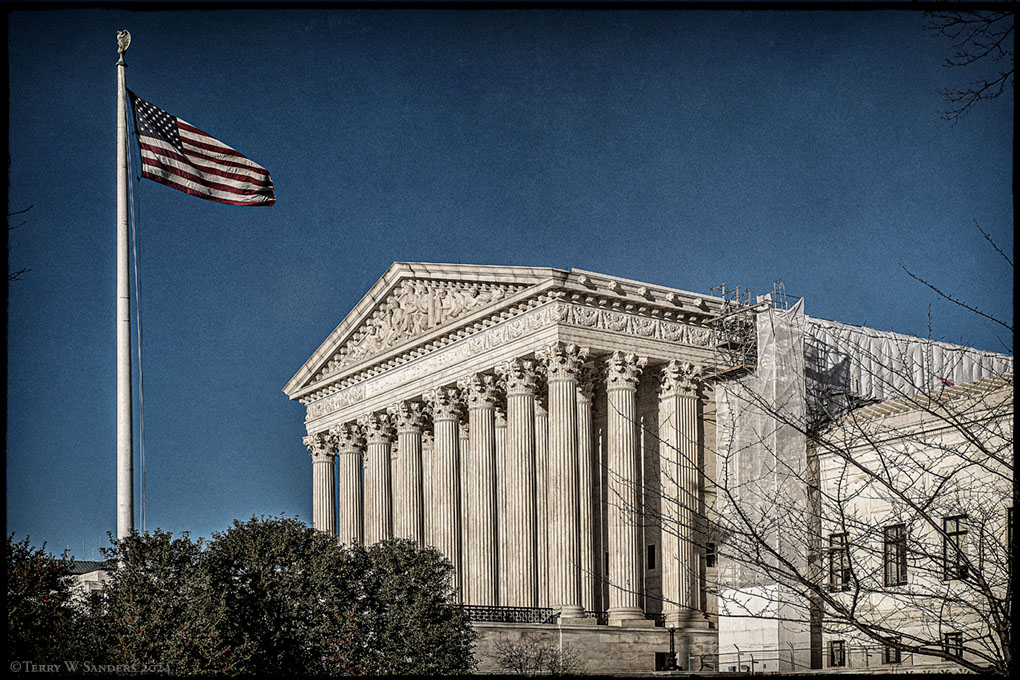The Supreme Court has ruled that the Trump administration can continue to deport Venezuelan migrants under the authority of the Alien Enemies Act. The Justice Department had made a request for emergency relief from the high court after a federal judge had blocked the deportations through a temporary restraining order, who was also going to hold a hearing tomorrow morning to impose a longer-lasting preliminary injunction. The majority in the 5-4 decision said that Venezuelans must be afforded “reasonable time” to legally challenge their deportation.
Prior to Judge Boasberg’s order on March 28th to stop the deportations, the Trump administration had flown 137 Venezuelan migrants to a prison in El Salvador well-known for human rights abuses, claiming that the deportees were part of a gang called Tren De Aragua. They were afforded no due process, never standing before a judge in a criminal trial or an immigration hearing before they were put on a plane. The case was brought by five migrants being held in a detention center in Texas, challenging the Trump administration’s invocation of the Alien Enemies Act (AEA) – a 1798 law that had only previously invoked in wartime, most notoriously for Japanese internment camps during World War II.
Amy Coney Barrett joined the liberal justices against the unsigned majority opinion. Justice Sonia Sotomayor stated in her dissent that “the Government’s conduct in this litigation poses an extraordinary threat to the rule of law.”
Justice Ketanji Brown Jackson criticized the court for making the decision on the so-called “shadow docket,” or non-merits docket, in which cases generally get decided quickly with short rulings that do not offer great detail in why the court reached its decision. “With more and more of our most significant rulings taking place in the shadows of our emergency docket, today’s Court leaves less and less of a trace,” she wrote in her dissent. “But make no mistake: We are just as wrong now as we have been in the past, with similarly devastating consequences. It just seems we are now less willing to face it,”
The majority’s ruling states that those being targeted under the Alien Enemies Act “must receive notice,” which “must be afforded within a reasonable time and in such a manner as will allow them to actually seek habeas relief in the proper venue before such removal occurs.” Beyond the order to stop deportations being lifted, the majority opinion also calls for the case to be moved from Washington, D.C., where it is currently playing out, to Texas.












